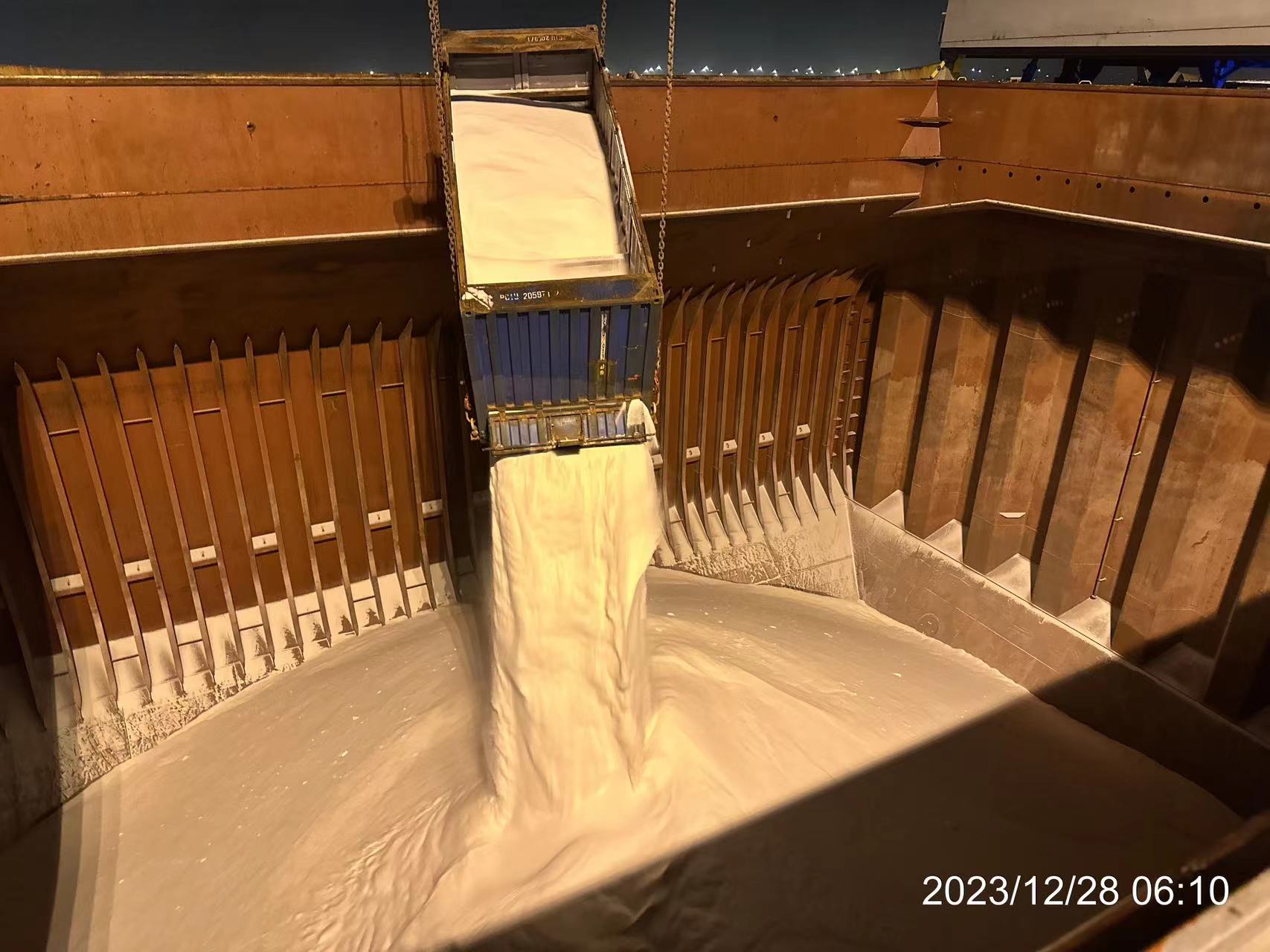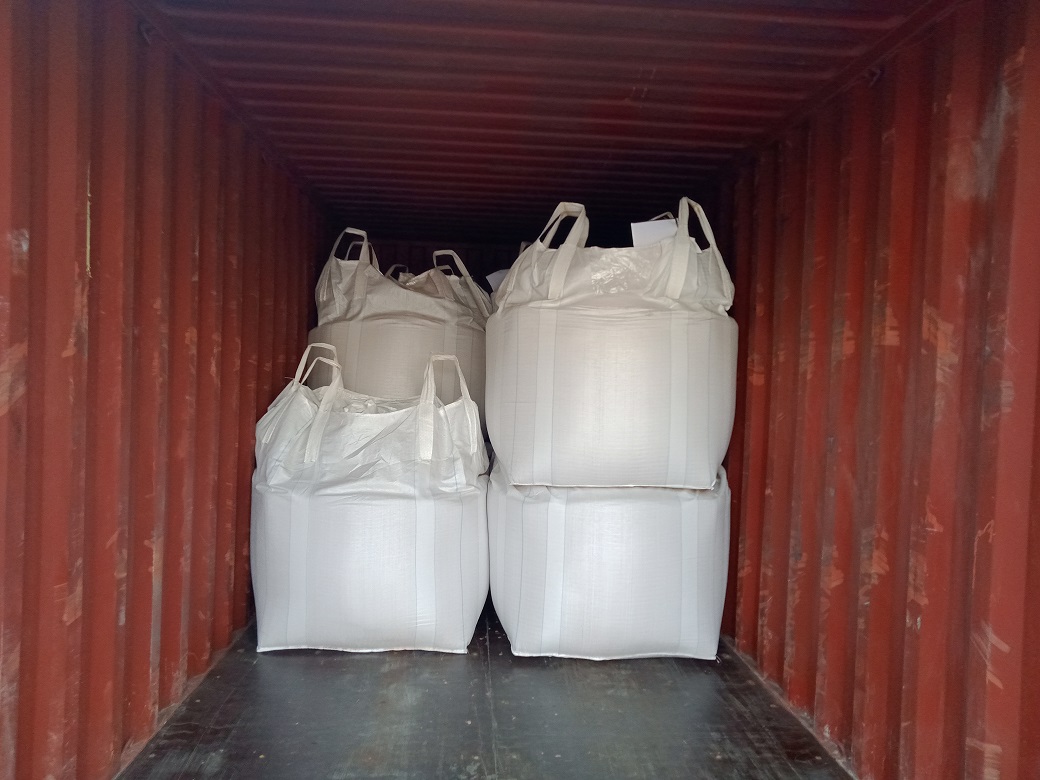Comparative Analysis of Ammonium Sulfate and Urea Fertilizers
2024-10-26
YUNNAN YINGFU TRADING CO., LTD
Share and exchange
This article deeply analyzes the advantages and disadvantages of ammonium sulfate and urea fertilizers, explores their applications and effects in agricultural production, and provides scientific fertilization recommendations for farmers and agricultural practitioners to help improve crop yields and soil quality.
.jpg?x-oss-process=image/resize,h_400,m_lfit/format,webp)
Basic Overview of Ammonium Sulfate and Urea Fertilizers
Fertilizer is an indispensable element in agricultural production, which is directly related to the growth and harvest of crops. Ammonium sulfate and urea are two commonly used nitrogen fertilizers, each with its own advantages and disadvantages.
Characteristics of ammonium sulfate
Ammonium sulfate is a high nitrogen fertilizer, with a nitrogen content of about 20.6%, suitable for a variety of crops. Its advantages include:
- Fast and effective: Ammonium sulfate can be quickly converted into absorbable nutrients by the soil.
- Synergistic effect: helps to improve the absorption of other nutrients by crops.
- Improve soil: It can increase the pH value of soil and improve soil structure.
Characteristics of urea
Urea is a nitrogen fertilizer with a nitrogen content of 46%, which is one of the fertilizers with the highest nitrogen content on the market. Its characteristics include:
- Affordable: The cost per ton of urea is relatively low, making it the mainstream choice for farmers.
- Easy to store and transport: Urea is a granular fertilizer that is easy to store and does not deliquesce easily.
- Wide range of applications: applicable to a variety of soils and crops.
Scientific Selection of Fertilizer for Farmland
When choosing a fertilization option, farmers and agricultural practitioners should decide whether to use ammonium sulfate or urea on a case-by-case basis. Here are some suggestions:
- Soil pH: If the soil is acidic, ammonium sulfate is recommended; if the soil is alkaline, urea can be considered.
- Crop requirements: Check the nitrogen requirements of crops at different growth stages and choose the appropriate type of fertilizer.
- Comprehensive fertilization: Based on the soil test results, a comprehensive fertilization strategy can be adopted, combining the use of multiple fertilizers.
Summarize
Ammonium sulfate and urea fertilizers each have their own advantages and disadvantages, and scientific fertilization recommendations should be selected based on crop needs and soil properties. Through effective fertilization, farmers can increase crop yields and soil quality, thereby achieving sustainable agricultural production.
.jpg?x-oss-process=image/resize,h_400,m_lfit/format,webp)
.jpg)


.jpg)
.jpg)